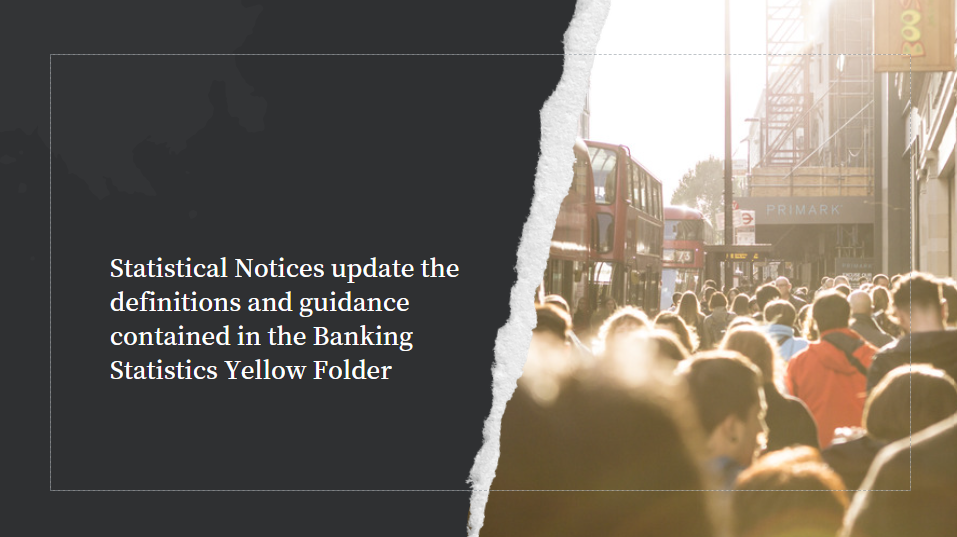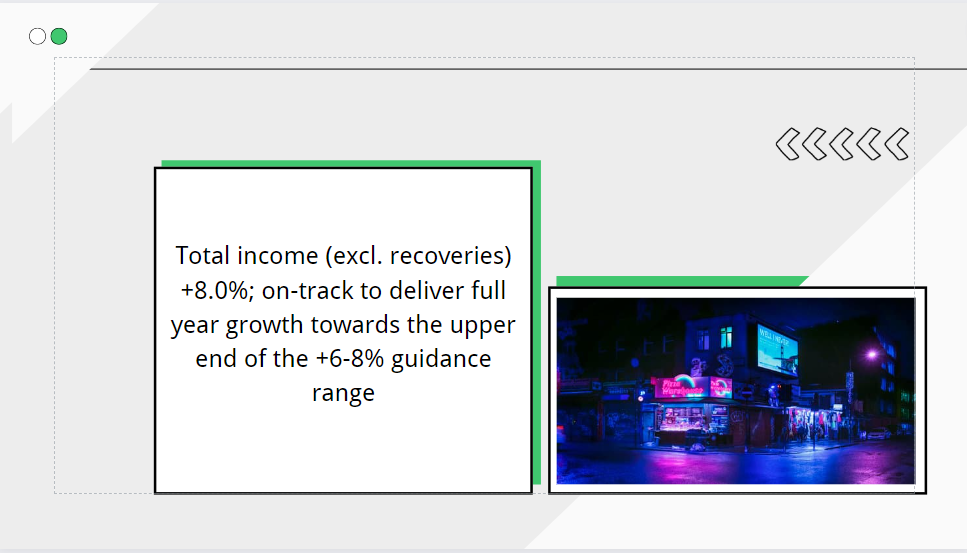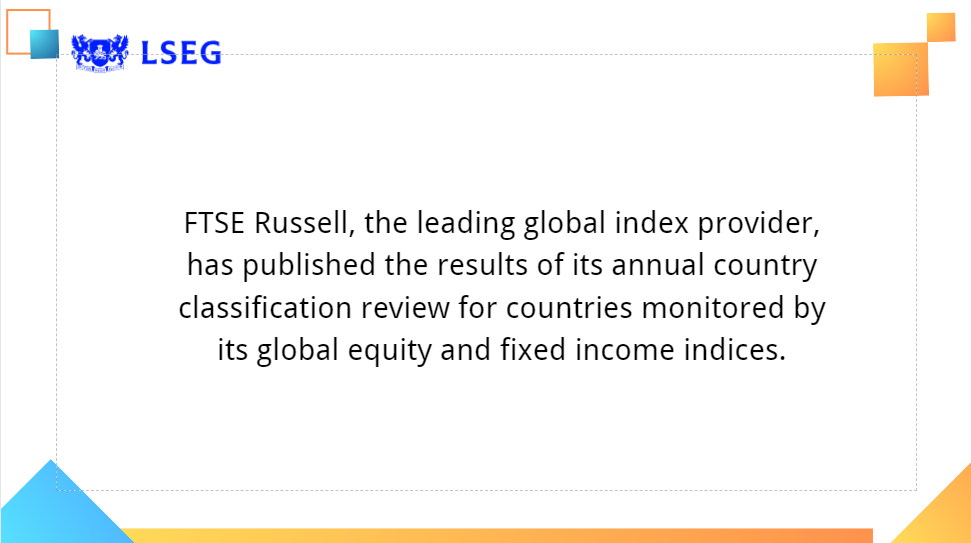Collaborate to compete: why we must all embrace a growth mindset
Highlights
Industry, government and regulators all want to boost the UK’s competitiveness. To achieve this, we need to work together on a long-term vision, not short-term tactics which is why we have been a standard-bearer for innovation and regulation around the world.
Industry wants an effective and efficient regulator which is why we have focused on bringing down our authorisations times and investing in our digital capabilities and infrastructure.
Our proposals for listings and asset management reforms are designed to enhance our competitiveness, reduce complexity and unleash capital for growth.
We must take a balanced view of risk: let us not be so afraid of failure that we stifle innovation.
I want to focus on the new secondary objective to support international competitiveness and growth over the medium to long term.
I see 5 ingredients essential for this objective – an effective regulator, an international standard-bearer, far-reaching reforms to support a bolder risk appetite, a raised ambition on data and digital infrastructure and the best talent.
Transforming our operations
First, an effective regulator. Firms want speed, clarity, and certainty particularly on authorisations.
We have invested in case teams over the last 3 years. Today, 97% of cases are assessed within statutory deadlines and Senior Managers and Certification Regime (SMCR) applications take a median 40 days, 50 days ahead of deadlines. High quality applications move faster.
We are automating processes and have digitised our imaginatively named 'Form A'.
We have increased scrutiny, with 1 in 4 firms not making it through, up from 1 in 14 two years ago. All our decisions are subject to challenge.
This approach means we can better focus supervision resources and see fewer, faster Enforcement investigations.
We are testing the limits of our powers, intervening earlier and faster. Within 24 hours of receiving new powers, we issued 146 warnings over crypto promotions.
And our secondary competitiveness objective complements our primary ones: including protecting consumers. The Consumer Duty, our most significant reform for decades, encapsulates both: an outcomes-based approach which should mean fewer new rules and lower barriers to entry.
We are starting to see improvements – better value products, communications and customer journeys, better deposit competition and faster pass through of rate rises. We are being proportionate, focusing on the most serious harms.
Leading on international collaboration
Now an effective regulator has to be internationally engaged.
We play our full part in setting global standards – crypto, sustainability, non-bank finance.
I co-chair IOSCO’s Financial Stability Engagement Group and risks on our agenda include private markets, leverage, the funds complex.
And also risks to traded markets.
The last 3 years have seen intraday price volatility rises to the highest this century in many assets.
Successive geopolitical events, supply disruptions, elevated inflation, rapid interest rate moves have contributed to this amplified by the growth of programmatic trading.
And now AI, a focus for the next Lord Mayor.
AI is not new. Traders have used data, maths, statistics for centuries to identify patterns and predict prices, be that in the 18th Century building candlestick charts to forecast prices on the Osaka Dojima Rice Exchange; to the first systematic active investment strategies in the 1980s to broad adoption of machine learning trading algorithms in the 2000s. Trading venues have automated trading, moving from quote to order driven systems and built data services with speed of connectivity being of the essence.
AI in markets today brings models incorporating deep learning and neural networks capable of analysing large datasets and highlighting intricate patterns. We see more synchronised, automated order placements spanning multiple markets – futures, options, foreign exchange, and electronically tradable derivatives – timed precisely around liquidity conditions. We can also add in generative AI and large language models that can create realistic new text and images or parse data, social media to generate trading signals and influence prices.
We have some of the largest metals, energy, FX, swaps, options, and derivatives markets in the world, with around half the participants from outside. Market cleanliness and effective functioning are critical to the global economy. We know our strengths – rule of law, openness, skills, time zone. But if we want to keep these markets, these risks and opportunities need attention and, critically, our investment. This is an FCA priority and needs to be for all market participants too.
Greater risk appetite
I turn now to reforms to support a bolder risk appetite to underpin long-term investment.
We have been consulting on deep changes to the listing regime, addressing friction.
Thank you to participants and respondents for your extensive engagement.
We see good support for merging premium and standard listing segments into a new, single segment, with no cliff edge and generous transition arrangements.
We would propose to reshape Class Transactions to no longer require FCA-approved circulars and prior shareholder approval of significant transactions unless there is a reverse takeover. The disadvantage faced by UK-listed companies competing in global M&A is real and needs to be fixed.
We want to rationalise the related party transaction regime - as originally proposed, while retaining independent checks and balances.
Finally, we see the case for alleviating sunset clauses on dual class shares with the market deciding what is acceptable.
This is not a done deal as a consultation on detailed rules and Cost Benefit Analysis is coming shortly. Our Board will consider the outcome carefully before making final rules in the first half of 2024, so please keep engaging.
Moving to a more disclosure-based system will require adjustments to the sponsor regime and a laser focus on the rigour of disclosure.
After this vigorous debate at senior levels of the buy- and sell-side, we hope our package carries your support.
We need acceptance that with more risk in the system, we will not, nor should we try to, stop every failure.
This is not our only major reform.
Last week, we shared our priorities for asset management, including fund tokenisation. With Long Term Asset Funds now active, we will support the Edinburgh and wider pension scheme reforms, particularly DC schemes, more significant than our listing reforms, so that UK investors get better long-term returns, and more capital is available for infrastructure – the objective of the Mansion House Compact.
Investing in digital and data infrastructure
We need to talk about digital and data infrastructure too, which is critical for competitiveness.
As a country we haven’t taken this seriously enough. We need sustained leadership and investment, public and private. A recent industry report estimated £400bn could be added to the economy by 2030 with fulsome adoption of AI and digitisation.
And the FCA has different roles to play.
We advocate for change.
Financial crime and fraud are a drain on competitiveness.
More efficient and secure digital identity can reap huge benefits for access to financial services and tackling crime. We have 22 firms in our innovation schemes testing digital identity solutions.
We see the case for more investment by Companies House to tackle false filings.
We make sure competition works for example through our credit information market study, ensuring access to enormous datasets serve consumers’ interests and opens up innovation.
We are facilitating a tender for a consolidated tape for fixed income to bring greater market efficiency and transparency. There is a case to extend this to equities.
We can help solve problems. We pulled together experts on synthetic data drawing in Ofcom, the ICO, businesses and academics to ensure we can make the most of huge individual datasets whilst respecting privacy. We will publish a good practice report early next year.
We will have responsibility with the Bank for overseeing critical third parties, such as cloud infrastructure providers, with respect to resilience. I now engage the big tech firms more regularly.
We plan to make more of our rulebook machine readable.
There is demand for a platform to search information about listed companies also in machine readable format.
The US has its catchily named EDGAR system.
One colleague – perhaps wanting a promotion – suggested creating our own version and naming it 'Nikhil'.
But Lord Mayor, if we do this, we will have to settle on Nicholas – this being an idea from the City’s recent vision document.
That document also proposed a financial and professional services council with which we would be happy to engage.
In saying all this, I highlight one point. At the recent India-UK Economic and Financial Dialogue, I observed with envy how the Reserve Bank of India has licence to trial innovations at scale, for example on digital lending. One project was halted as it wasn’t working. But rather than being branded a catastrophe, or triggering multi-year inquiries, they moved to the next project, drawing on key lessons. Trial and error are part of innovation. So is failure. Can we agree that some trial and error, even by regulators, is inevitable and desirable? Or do we stop before we start due to the potential risks or political fallout? You can guess my view.
And an outcomes-based approach means firms need to understand risks and act, not wait for regulators.
Skills and talent
A few words now about skills and talent.
The Prime Minister has called for better maths skills for every young person to equip them for the workplace.
The Lord Mayor has set out his stall on financial education. Digital skills should also go hand in hand with numeracy and financial education.
On talent, Sam and I and our colleagues with our consultation on diversity and inclusion, staying within our objectives, want to support the leadership many of you are showing. Cracking the issues we know exist in financial services can support risk management, make sure there is no place for egregious non-financial misconduct, attract talent and so support the sector’s competitiveness.
UK financial services has always been a magnet for best-in-class talent; let’s keep it that way.
Conclusion: long-term vision
So my manifesto for competitiveness:
·An operationally effective regulator.
·Internationally engaged, leading on standards, risk oversight and innovation.
·Boldness in our reforms to support the risk appetite the economy needs.
·Relentless in our focus on data and digital infrastructure.
·Supporting the talent and capabilities we need so that everyone can access financial services from a sector that is genuinely open to all backgrounds.
Over dessert, I should be delighted to hear your ideas for metrics to measure this.
In the last few years, we have made far-reaching changes at the FCA. We are engaging differently. Let us keep having an honest conversation about risk and priorities. Let us not be so afraid of failure that we stifle innovation. Let us build competitiveness not with short-term tactics but with long-term vision.
People and organisations tend to overestimate what can be achieved in a year but underestimate what we can achieve together in 10 years.
I hope your successor, Lord Mayor, will want to invite us back for dinner next year.























































First, please LoginComment After ~